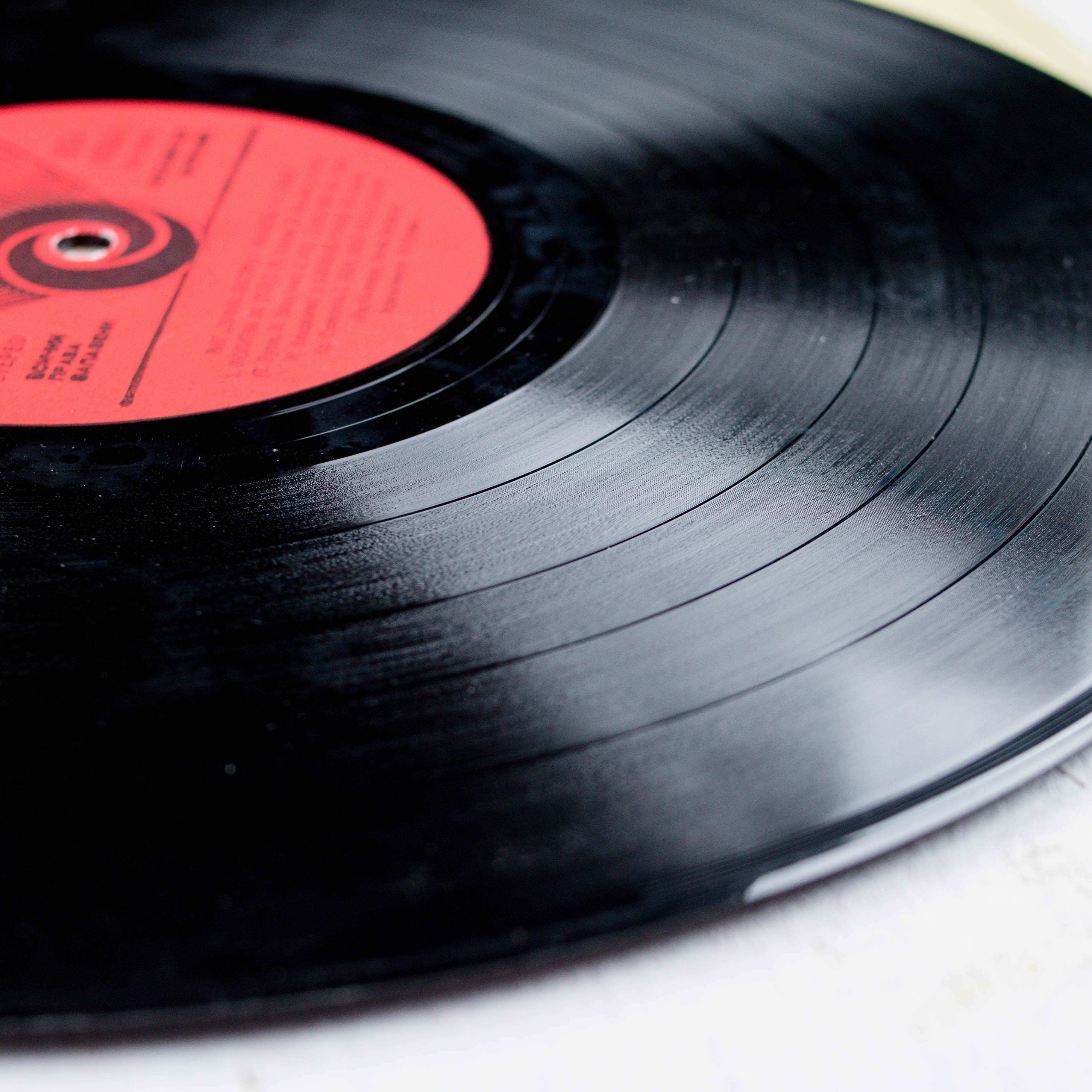
The families of the three girls murdered in the Southport attack have claimed the parents of killer Axel Rudakubana "knew and ignored the risk he posed to the public".
They also pointed to "multiple errors, omissions and fatal misjudgements" by mental health services, social services and police.
The claims were made as the families outlined for the first time the issues they want the public inquiry, being held at Liverpool Town Hall, to examine over the next seven weeks.
Rudakubana's brother Dion said he wanted the inquiry to examine whether his sibling's exclusion from school and transfer to a pupil referral unit had increased his sense of isolation from friends and family.
The inquiry had previously heard about a series of efforts made by Rudakubana's parents to get him help with his mental health in the years before the attack but also outlined that they intercepted two machetes delivered to the house and were struggling to deal with their son's violence in the home.
Bebe King, six, Elsie Stancombe, seven, and Alice da Silva Aguiar, nine, were fatally stabbed at a Taylor Swift-themed class on 29 July last year by Rudakubana, then aged 17, who was jailed earlier this year for a minimum of 52 years.
Nicholas Bowen KC, for the three bereaved families, told the inquiry: "It is a visceral conviction that the safeguarding apparatus of the state has failed them and that it was not only public bodies."
Rudakubana's family "knew and ignored the risk he posed to the public" as did a taxi driver who drove away after dropping the killer at the Hart Space dance studio, he said.
"But for multiple errors, omissions and fatal misjudgements," Rudakubana - referred to throughout as AR - "would have been seen for who he really was, and, we say, stopped," Mr Bowen said.
The families blamed a combination of incompetent diagnosis, inappropriate educational provision, and a lack of action by public bodies.
They highlighted an incident when Rudakubana was reported missing by his parents and found on a bus in March 2022, refusing to pay the fare, with a knife in his possession.
'Failure to join the dots'
The police, mental health services and social services "failed to join the dots with his previous offending" which involved an attempt to target a child he claimed was bullying him by taking a knife into assembly at his previous school.
If authorities had joined the dots, it would have been "inevitable" that Rudakubana would have been subjected to a "full and rigorous assessment", that would have been out of parental control, and then referred to mental health services, he said.
"It is very unlikely that the assessment would not have led to a discovery of the horrific escalation of risk that we have heard about, aggression at home and the parents' knowledge of the purchase of weapons," Mr Bowen told the hearing.
Rudakubana's father took delivery of a machete, marked up that it must be delivered to a person over 18, and he "must have known and would have warned, had he been behaving responsibly, the social workers about the hole into which his son was descending", said Mr Bowen.
Warning signs
The victims' families highlighted details about two attacks Rudakubana launched at Range High School, in nearby Formby, which were not previously known.
On 6 October 2019, he "viciously attacked" his alleged bully in class and was put into isolation.
Interviewed by police the next day, he said he was "pretty certain" he was willing to use a knife he had taken into the school on at least 10 separate occasions.
The school decided to exclude him permanently but he appealed against it. However, during his appeal, Rudakubana "showed no remorse or regret, trusted no one, and refused all support".
He was sent to a pupil referral unit called Acorns which was the "one institution that emerges with credit from this tragic series of events", Mr Bowen said.
They made three separate referrals to the Prevent deradicalisation programme, none of which were adopted by the project.
The Acorn school's leadership were "acutely concerned" about Rudakubana's behaviour and internet use and consistently resisted categorising him as "low risk", Mr Bowen said.
Read more:
The missed chances to stop Rudakubana
Grandfather who tackled killer
Asked why he took a knife to school, Rudakubana "emotionlessly and without eye contact" told one teacher: "To use it."
Her professional judgement was that "there was something so cold" about the way he described the incident.
This information should have been available to mental health services and social services, "underlining the urgency of assessment and tailored provision to protect the public and meet AR's needs", Mr Bowen said.
On 11 December 2019, two months after the classroom incident, Rudakubana returned to Range High School, from where he had been excluded, with a hockey stick and a knife in a rucksack.
He tried to enter the school assembly, searching for the bully, but when he was chased away by the headteacher, he instead attacked a schoolfriend in the corridor.
Afterwards, Rudakubana admitted he had intended to strike the bully with the hockey stick and if required "finish him off" with the knife and said he was indifferent to going to prison, repeating that he had the knife "to use it".
However, when Rudakubana's father attended the school, the headteacher reported that he "appeared calm and failed to appreciate the gravity of the incident".
Merseyside Police recorded that day that Rudakubana had "deteriorating mental health" and that he would be subjected to a full mental health assessment.
It noted there was knowledge of previously carrying a knife at school and the use of the internet to research school massacres and beheading videos.
Questioned by a mental health practitioner while in custody, Rudakubana stated he "wouldn't have felt sad" if he hurt the boy and would have killed the bully if he had been in assembly, adding: "Ideally, I wish I did it."
He liked the boy he hit and was unbothered because the boy "didn't get hurt that bad" even though the victim was hospitalised, and press reports referred to a broken wrist.
"His callous attack on the friend, a mere bystander to his quest for revenge, was something of real concern" to the mental health practitioner, Mr Bowen said.
However, when he was eventually taken up by forensic child and adolescent mental health services FCAMHS, it emerged that a formal diagnosis of autism spectrum disorder could take up to two years and no formal risk assessment was carried out.
Instead, Acorns school were left "holding the baby", Mr Bowen added.

(c) Sky News 2025: Southport victims' parents say killer's parents 'knew and ignored risk he posed to public'


 East Midlands Ambulance Service 'neglect' contributed to meningitis death of Zara Cheesman, 15, coroner rules
East Midlands Ambulance Service 'neglect' contributed to meningitis death of Zara Cheesman, 15, coroner rules
 MSPs vote to abolish Scottish legal system's controversial not proven verdict
MSPs vote to abolish Scottish legal system's controversial not proven verdict
 In pictures: Donald Trump given royal welcome as UK state visit begins
In pictures: Donald Trump given royal welcome as UK state visit begins
 Home Office to appeal temporary block on man's deportation under 'one in, one out' plan
Home Office to appeal temporary block on man's deportation under 'one in, one out' plan
 Speeding motorcyclist jailed for killing 86-year-old man on pedestrian crossing
Speeding motorcyclist jailed for killing 86-year-old man on pedestrian crossing
 Ricky Hatton was 'in a good place' before death, his family says
Ricky Hatton was 'in a good place' before death, his family says
 'Traumatised' girl, nine, 'shot with airgun' during racially aggravated assault
'Traumatised' girl, nine, 'shot with airgun' during racially aggravated assault
 Has the royal Truman Show for Trump been worth the enormous effort and expense?
Has the royal Truman Show for Trump been worth the enormous effort and expense?









